Why Skipping Breakfast Might Be the Key to Faster Fat Loss

Can something as simple as skipping breakfast lead to fast fat-burning? By delaying the first meal of the day, you force your body into a longer fasted state, which is a form of intermittent fasting. Depending on when your last meal or snack was the night before, skipping breakfast—or to be more accurate, pushing it to a later time of the day—can encourage fat-burning and weight loss, with a few caveats. IF may also have benefits outside of just fat-burning and weight loss. “Intermittent fasting has been shown to have several positive health outcomes, from reducing insulin, appetite and inflammation to improving health conditions such as high blood pressure, high cholesterol and IBS,” Julia Zumpano, RD, LD, tells the Cleveland Clinic. Here’s what you need to know.
RELATED: 5 Things You Can Do Now to Lose 20 Pounds.
Burning Fat For Energy
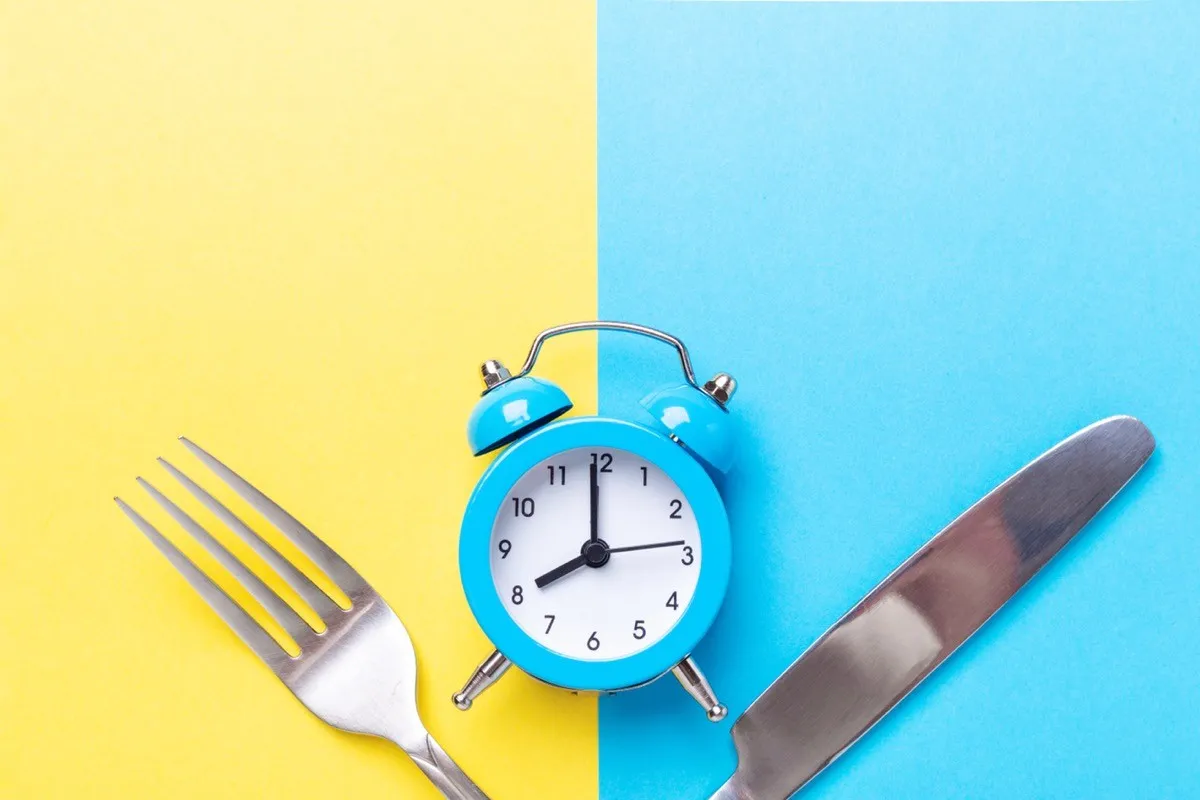
Assuming you finish dinner at 8 p.m. and push breakfast to noon, that would give you a fasting window of 16 hours. During this time, your body is forced to tap into your fat reserves for energy. “Fasting changes where your body gets its energy. Typically, your energy comes from sugar. If you eat constantly while awake and don’t exercise, your body simply runs on the calories you consume,” says UCLA Health. “If you don’t use all the sugar you take in during the day, your body stores it as fat. When you go hours without eating, your body eventually runs out of stored sugar to use. Instead, it begins to burn fat to produce energy.”
Fast For At Least 12 Hours
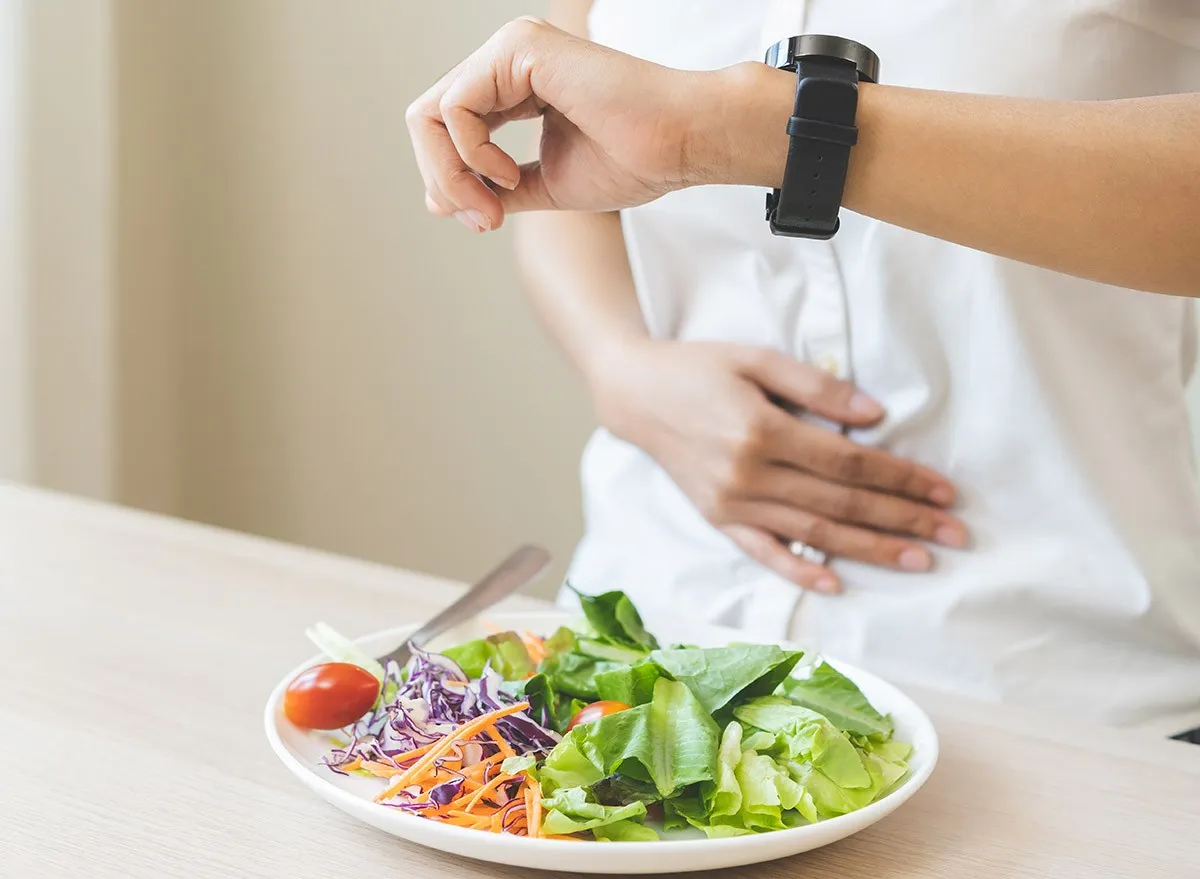
Whichever fasting schedule you choose, try to aim for at least 12 hours without consuming calories. “There are lots of options to choose from,” Mary Hyer, RD, LDN, CCRP, tells Mass General Brigham. “But in the scientific world, you have to go at least 12 hours for it to be considered a fast. You still have to make sure you’re picking healthy foods. But intermittent fasting is one tool that can kickstart a healthy lifestyle change.”
Why Skip Breakfast?

For many people new to IF, skipping breakfast is easier because you’re asleep for most of your fasting schedule. “It’s convenient, as you extend the overnight fast by skipping breakfast later (brunch, anyone?) and starting dinner a little earlier. This form of fasting is a safer bet for many people who are interested in trying intermittent fasting for the first time,” Zumpano says.
Ease Into It

Expect your body to rebel against fasting at the start, especially if you’ve always eaten several meals a day. “It may take 2 to 4 weeks for your body to get used to eating on an intermittent fasting schedule. During those first few weeks, you may have headaches and feel hungry, grouchy, or tired,” says Family Doctor. “Know you may feel this way before you start and make a plan to push through these feelings. After a few weeks, your body will get used to this eating pattern and those symptoms should go away. In the end, many people say that they feel better following an intermittent fasting lifestyle.”
Intermittent Fasting and Insulin
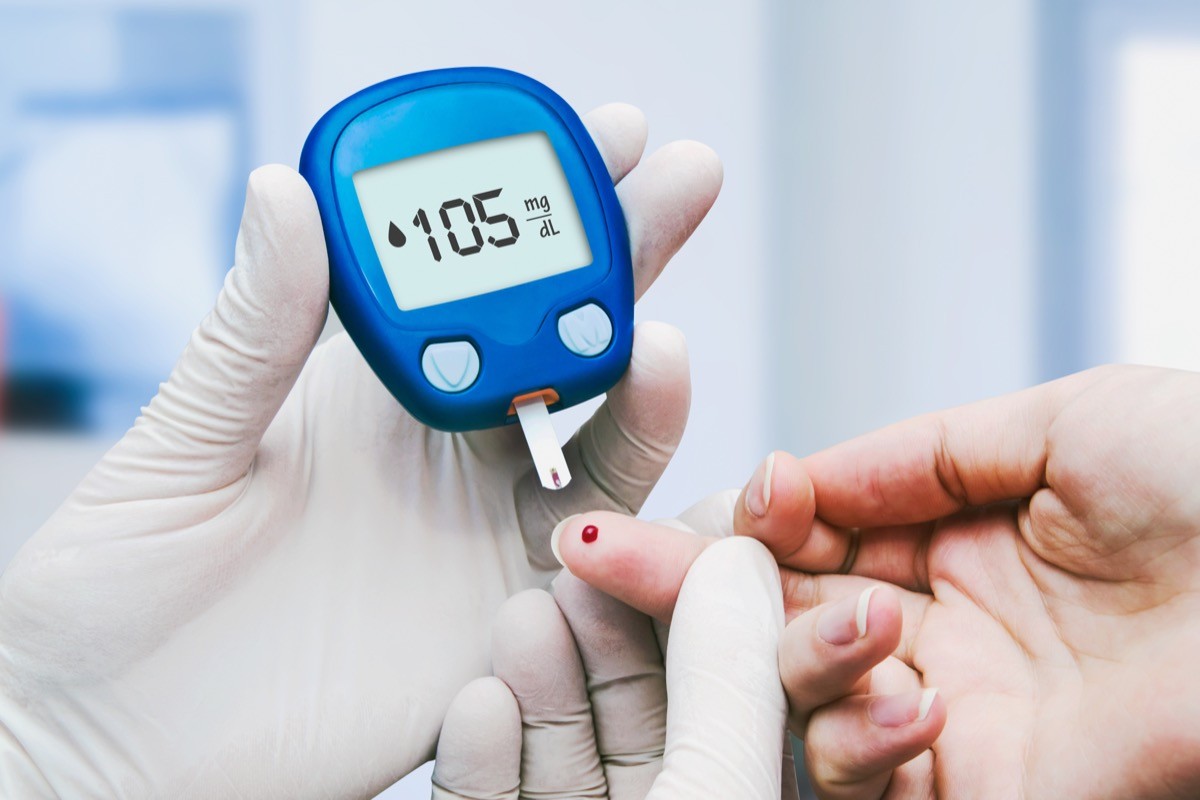
Fasting can positively impact insulin and blood sugar. “When you don’t eat, what happens in your body from a hormone standpoint is that your insulin’s going to fall,” says Dr. Jason Fung. “You’re going to allow your body to start using the calories that are in the body. Let your body eat your body fat. That’s what fasting is doing for you, and it’s totally natural because that’s what it’s there for. That body fat is not there for looks, it’s there for you as a source, as a store of calories. So fasting just lets you use that.”
Healthy, Whole Foods
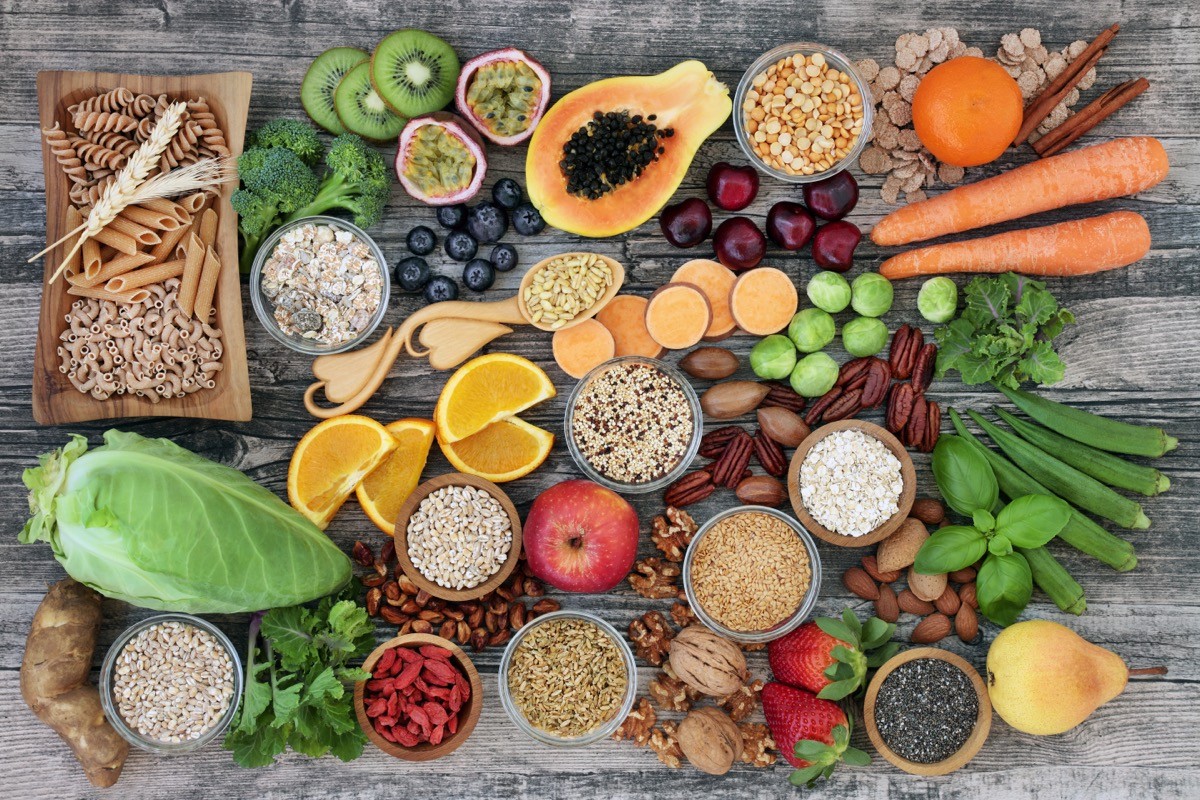
Don’t undermine your intermittent fasting regimen by using your eating window as a green light to eat junk food. “If you look at the insulin release in processed foods versus unprocessed foods, there’s a huge difference,” says Dr. Fung. “So if you eat sort of highly refined foods like white bread for example, then you’re going to have a very different response in insulin compared to sort of a whole food. So unprocessed foods in general, your body knows how to handle. We’ve been eating them for thousands of years, but certainly anytime you eat, your insulin is going to go up. You’re giving your body instructions to store energy. So the solution is to eat less often.”
Intermittent Fasting and Ketosis
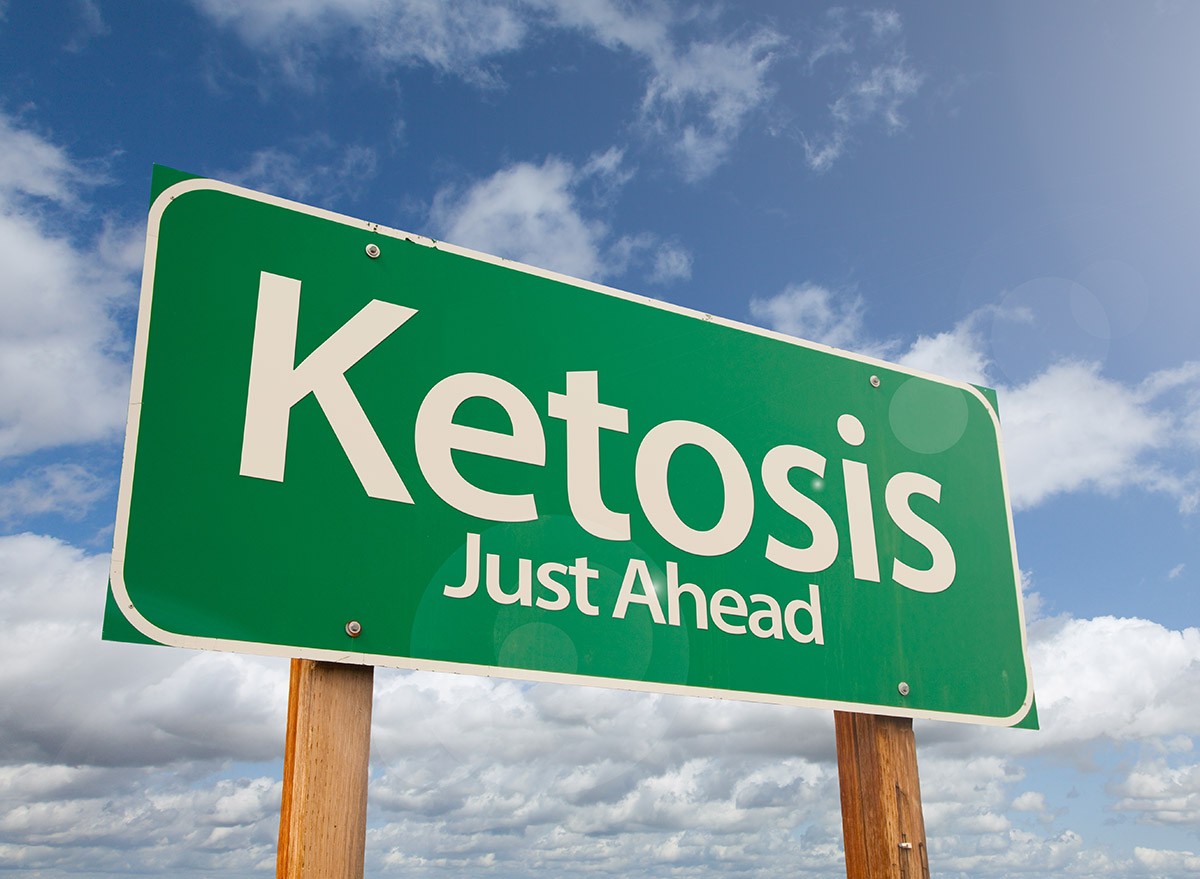
Like the keto diet, intermittent fasting may cause ketosis, depending on the length of the fast. “It appears that fasting for a short time can produce ketosis, which is a process that occurs when the body doesn’t have enough glucose for energy, so it breaks down stored fat instead,” says Romi Londre, RDN, CD, via Mayo Clinic Health System. “This causes an increase in substances called ketones. This, coupled with fewer calories consumed overall, can lead to weight loss. Research suggests that alternate-day fasting is about as effective as a typical low-calorie diet for weight loss.”
Yes, There Are Caveats

Remember—nutrition is still incredibly important for weight loss and health. “Fasting can be a great way to improve your health, but if done improperly, it can lead to negative health outcomes,” Zumpano says. “Avoid extreme forms of fasting that aren’t sustainable. Choose a method that you can stick with, feel great with and meet your nutrient needs with. Fasting is a great way to reduce those not-so-healthy foods and focus on nutrient-dense foods first and foremost.”